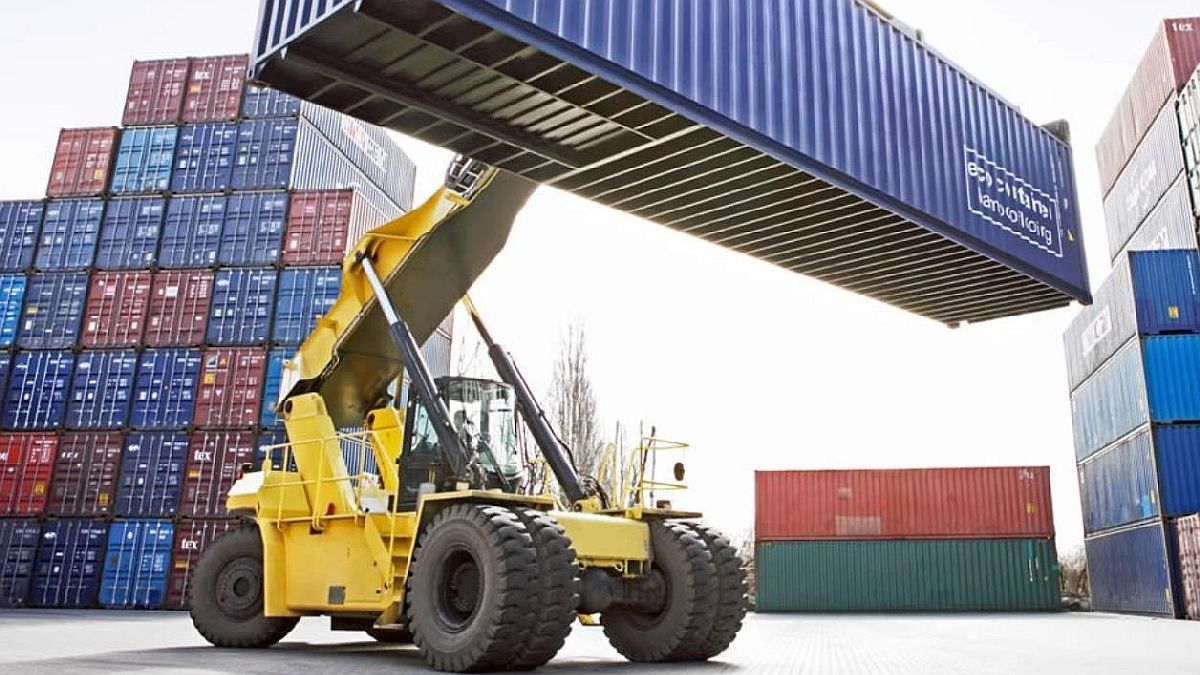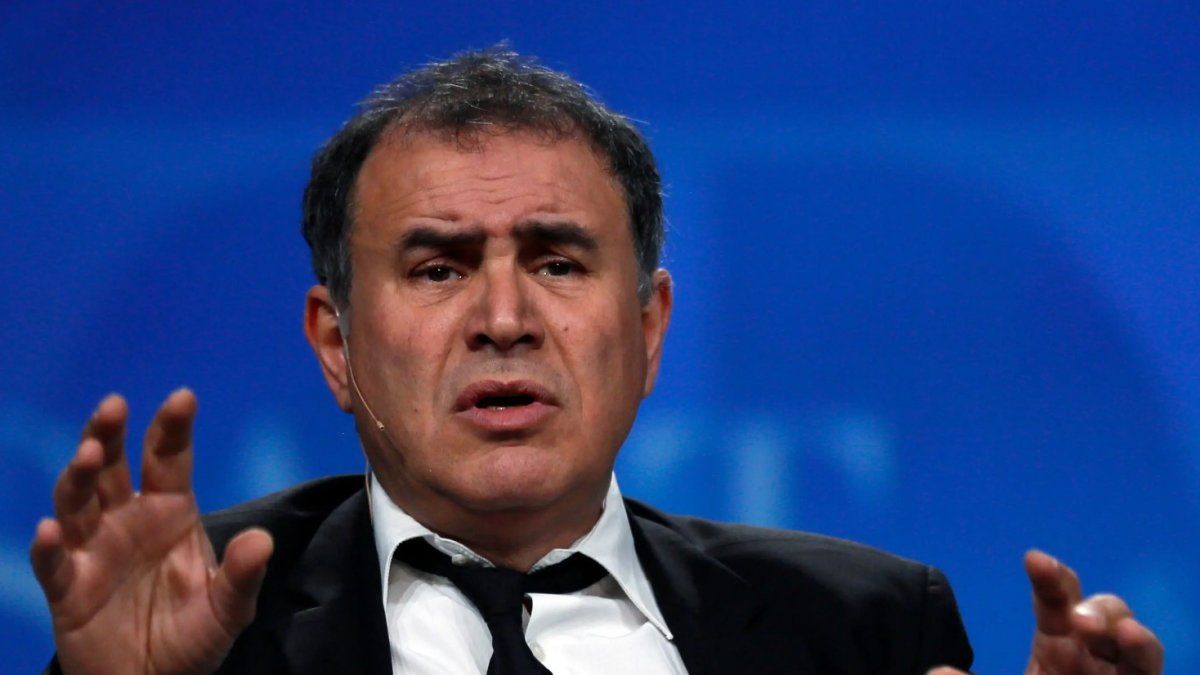The presidential elections that will take place this year, notes the OECD, “are adding uncertainty, which helps keep investment moderate until 2023.” “The recovery of the labor market has been slow; the participation rate and real labor income remain below pre-pandemic levels”, he stressed.
On Tuesday, the World Bank had released its 1.5% growth forecast for Brazil for this year. The entity expects that the “solid start of the year will dissipate due to double-digit inflation and stagnant investment, while growth will slow markedly to just 0.8% in 2023.”
Impact for Argentina
“The low growth in Brazil due to the increase in rates obviously has an impact on Argentina”explained to Ambit Gustavo Perego, director of the Abeceb consultancy, who added: “What you are going to be seeing are two phenomena: on the one hand, cadrop in demand for industrial products; in addition to the fact that the balance will suffer due to the increase in imports of electrical energy from Brazilconsidering that it was something that last year was in our favor.”
“And it still remains a question how it will impact the Argentine foreign trade, the decision in Brazil to lower tariffs, temporarily until December of next year, of a large number of products in the nomenclator that impact trade in food, commodities such as wheat and industrialized products in some cases. I would say that there is an unknown factor,” explained Perego, who stressed: “But, in any case, a slowdown in the Brazilian economy always means a fall and a risk for the Argentine domestic market, due to the productive capacity that Brazil has, which tries to dump part of its production on the foreign market”.
For his part, Ecolatina economist Santiago Manoukian pointed out that, despite the fact that market growth projections have been adjusted upwards (the latest Focus bulletin shows an improvement of 1.2% for 2022 compared to 0.7% that saw at the end of April), “The economic outlook in Brazil remains weak, with growth in the first quarter that was below expectations.”
“The evolution of industrial production in Brazil shows that eight months of year-on-year decline were accumulated in March, although February and March 2022 saw monthly improvements in the seasonally adjusted series. In April, the Getulio Vargas Foundation registered an interruption in the drop in industrial confidence after eight months of decline. Fewer input supply problems, and the end of the Omicron wave and the moment of greatest pessimism regarding the impact of the Russia-Ukraine War, contributed to this improvement. With current situation indicators towards neutrality and less pessimistic expectations, we would see a greater normalization of industrial activities”, remarked Manoukian, who clarified: “In this framework, even the contribution that can be expected from a more dynamic recovery in Brazil is limitedeven when its exchange appreciation may improve margins for certain industrial products”.
Factors offsetting monetary policy
In line with the projection of the world BankJorge Vasconcelos, Vice President and Chief Researcher of IERAL of the Mediterránea Foundation, pointed out that the scenario handled by the firm is that “Brazil’s GDP will grow 1.5% in 2022”.
“It is true that the sharp rise in the interest rate (selic) will begin to affect the dynamics of the activity levelsince the rate was at 2% at the end of 2020 and it is projected that this year it will close at 13.75%, for an inflation that is estimated between 8.5% and 9% for this year”, remarked Vasconcelos, who listed a series of factors that can mitigate the impact of the rate hike: “PBut monetary tightening is partially offset by the mass of savings that families and companies accumulated during Covid and that now make spending and investments have their own dynamic, despite the expected slowdown in GDP, which will be more noticeable in the second half anyway. Another element that offsets monetary tightening is the contribution of sectors that export commodities”.
On the other hand, the analyst director of IERAL maintained that “questions remain about the impact of the presidential elections on the economy”. “However, in part the uncertainty is moderated by a certain ‘shift to the center’ of both Lula and Bolsonaro,” he concluded.
Source: Ambito
David William is a talented author who has made a name for himself in the world of writing. He is a professional author who writes on a wide range of topics, from general interest to opinion news. David is currently working as a writer at 24 hours worlds where he brings his unique perspective and in-depth research to his articles, making them both informative and engaging.




